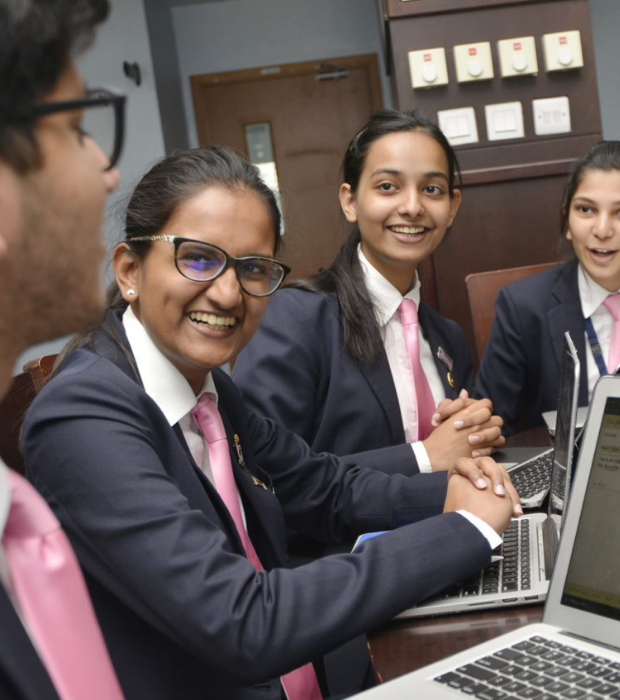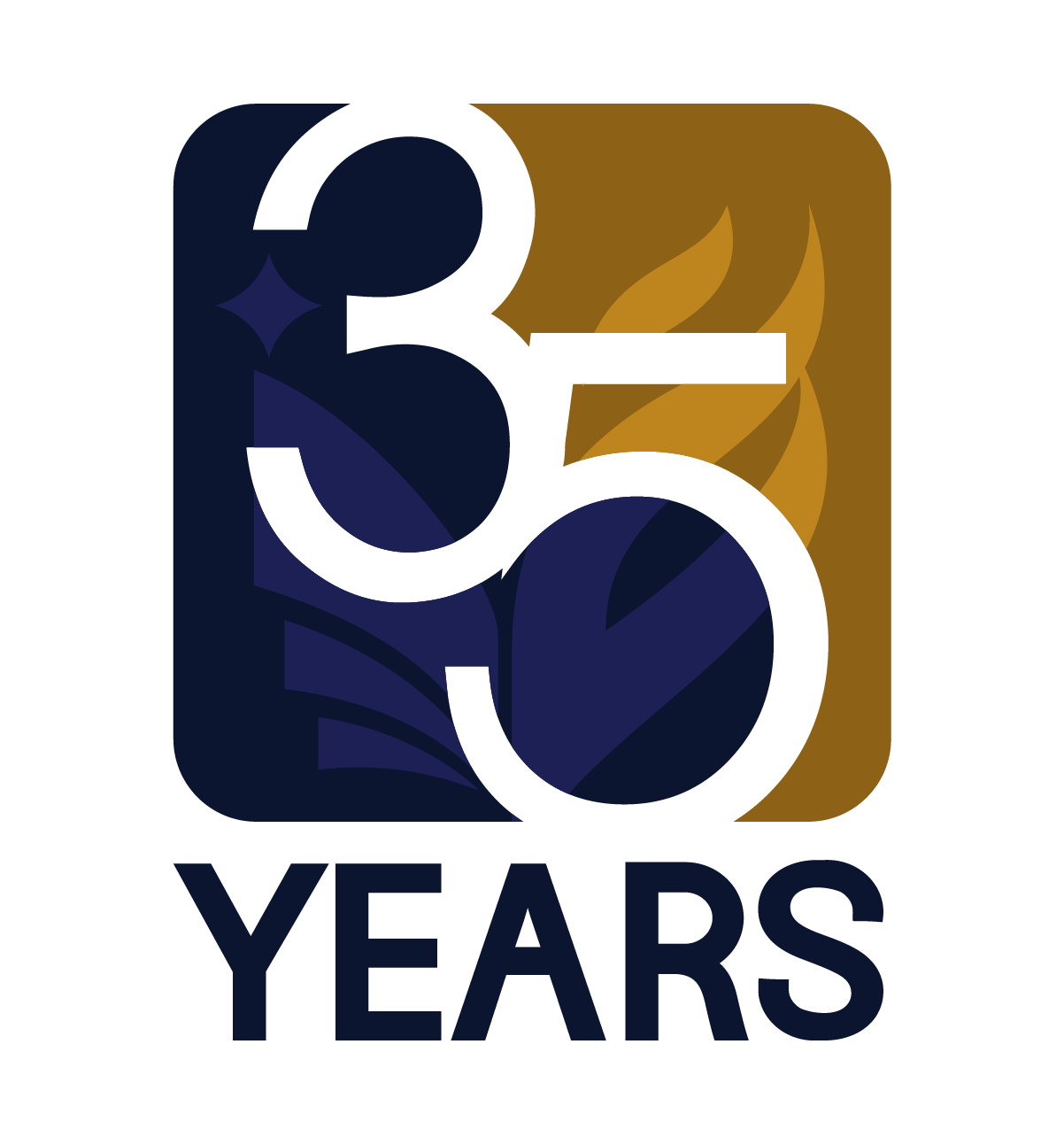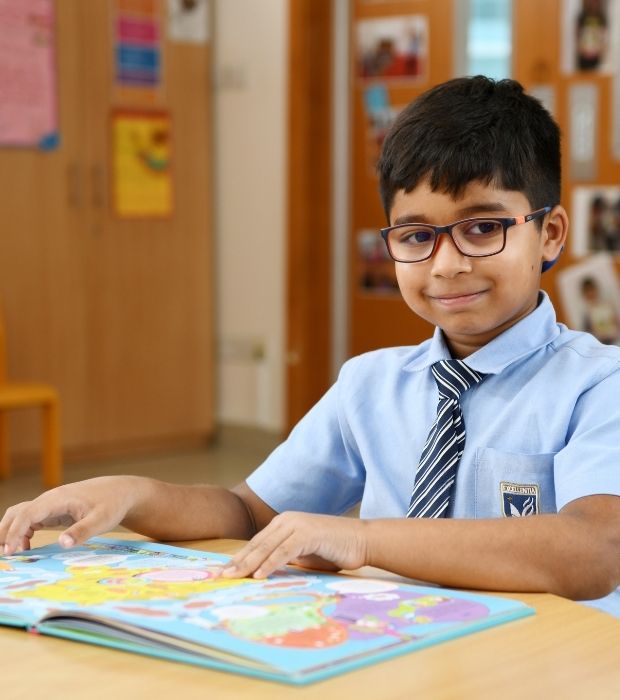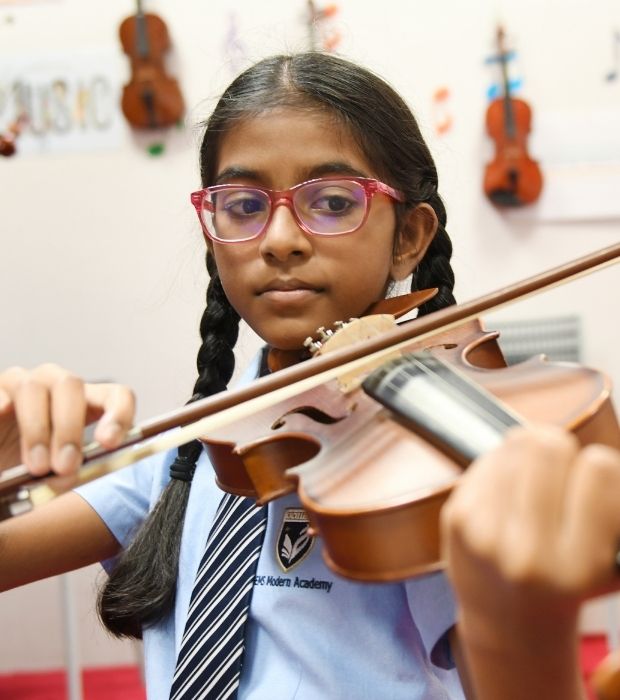
IB Diploma Programme (DP)
The IBDP is a rigorous two-year pre-university international education programme that meets the needs of highly motivated secondary school students between the ages of 16 and 19 years.
The IBDP not only provides intellectual challenges but also encourages creativity, independent critical thinking and international-mindedness with tolerance to different perspectives and cultures through various co-curricular activities.
The learners progress consistently with specific approaches to learning through inquiry, research, collaboration, communication and self management.
Why the IB Diploma Programme?
1) Promotes critical and independent thinking
TIBDP is a curriculum for ‘learning beyond grade’ and encourages the learners to prioritize ‘learning goal’ over ‘performance goal’. With its unique ‘Theory of Knowledge’, ’Extended essay’ and continuous internal assessments, the curriculum will help the learners grow to be a critical and independent thinker, encouraging them to ask challenging questions and extend learning through research./p>
2) Balanced and well-rounded programme
TIBDP requires the learner to cover a full range of subjects, including foreign language, sciences and art, in addition to creative and physical activities, as well as community service. This will give them a more well-rounded perspective, ensuring that they turn out to intellectually, physically and emotionally active global citizen.
3) Recognized by almost all universities worldwide
The IBDP graduates are accepted by Universities all over the world, Credits are often offered to IB graduates for specific courses based on the subject/levels done. The skills developed during Diploma Programme, like communication and self management, provide advantage to IB graduates in settling through University life.

Broadening Students
Education Experience


Subjects
-
Subject Choices for IBDP (IB 1 and IB 2)
IB Diploma Programme students are required to select one subject from each of the six subject groups listed below. The sixth subject may be an Arts subject chosen from Group 6 or another subject from Groups 3 or 4.
Students may register as “Diploma” candidates or as “Diploma Course” candidates.
Both are equally recognized by universities across the world and all students receive the IB Diploma Programme credential upon graduation.
The distinction between each category is briefly outlined here, followed by the DP subjects on offer at Modern.
Diploma candidates must complete three compulsory Core components in addition to their 6 subjects. Diploma Course students participate in CAS. However, Theory of Knowledge and Extended Essay are optional (by consultation).
Compulsory Core components for Diploma candidates:
- Theory of Knowledge
- Creativity, Activity and Service (CAS)
- Extended Essay
- Diploma candidates study three subjects at Higher Level (HL) and three subjects at Standard Level (SL).
- Diploma Course candidates have no mandatory requirement for three Higher Level subjects. With consultation, they often select one or two that play to their strengths.
- Subject choices will be offered provided specific prerequisites are met. This will also be subject to sufficient minimum number of candidates opting for them.
- The IB team will evaluate each application carefully and make recommendations for admission.
Group 1: Studies in Language and Literature
English A: Language and Literature
HL/SL
English A: Literature
HL/SL
Group 2: Language Acquisition
Arabic B
SL
Arabic ab initio
SL
Hindi B
SL
French B
SL
French ab initio
SL
Spanish ab initio
SL
German ab initio SL Group 3: Individuals and Societies
History
HL/SL
Geography
HL/SL
Business Management
HL/SL
Economics
HL/SL
Digital Society
HL/SL
Psychology
HL/SL
Global Politics
HL/SL
Social and Cultural Anthropology HL/SL Group 4: Sciences
Physics
HL/SL
Chemistry
HL/SL
Biology
HL/SL
Computer Science
HL/SL
Environmental Systems and Societies
SL
Sports Exercise and Health Science
HL/SL
Group 5: Mathematics
Analysis and Approaches
HL/SL
Applications and Interpretations
HL/SL
Group 6: The Arts
Music
HL/SL
Visual Arts
HL/SL
Or an additional subject from Group 3 or 4
In accordance with KHDA criteria all Muslim students are required to study Islamic Education and pass in the annual examination.
-






